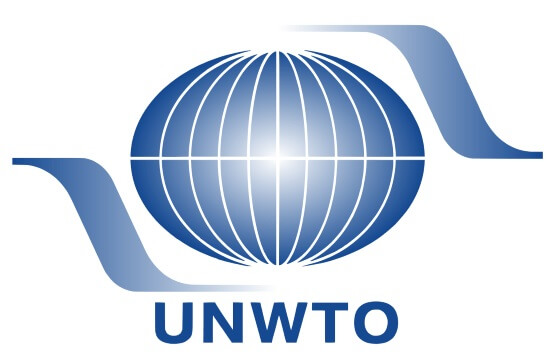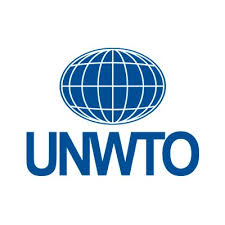
UNWTO Silk Road Task Force Group discuss in Valencia a common framework for historic routes
Representatives from 24 countries of both private and public nature involved in the Silk Road Task Force have convened in the Mediterranean city of Valencia, Spain, to discuss strategies and best-practice examples on how to adapt the Silk Road to the challenges and opportunities of the globalized tourism age. The 7th UNWTO Silk Road Task Force event was held on 30-31 March 2017.
The discussions addressed the three pillars of the Silk Road Action Plan: i) marketing and promotion ii) destination management and capacity building and iii) travel facilitation. A specialised workshop session was also dedicated to the development of the Western link of the Silk Road. Greece, the host of the upcoming First Western Silk Road Workshop (Alexandroupolis, Greece; on 26-27 April 2017), and Bulgaria, who expressed its interest in hosting the Second Workshop, underlined their support and commitment to an initiative aimed at reviving Silk Road heritage located across Europe.
As expressed at the opening ceremony, by UNWTO Secretary-General, Taleb Rifai, “UNWTO is extremely grateful for the support and commitment of the region and the city of Valencia to our work and mission. As the only United Nations Agency with its Headquarters in Spain, it is always a pleasure to organize a meeting in our host country – a country that understands the value and benefits to be derived from tourism.”
The opening ceremony also counted upon the presence of the Mayor of Valencia, Joan Ribó i Canut, and the Valencian Minister for Tourism, Francesc Colomer, who underlined the international dimension of the meeting and the importance of the Silk Road as a vehicle for peaceful exchange and development: “The Silk Road surpasses the boundaries of geography and touches upon our inner self, thus making us more tolerant, humble and cultured,” he said.
Important input was also contributed by UNWTO Affiliate Member, TripAdvisor, who presented the findings of the TripAdvisor Travel Trends for the Silk Road 2017, and by Eulogio Bordas, President of THR, who addressed the challenges of joint Silk Road marketing. The Spanish Institute for Quality Tourism, the International Tourism Consulting Group – SOENT, the World Federation of Tourist Guides Association (WFTGA), the Organization of the Black Sea Economic Cooperation and the University of Valencia also contributed valuable input to the meeting.
Overall, the meeting showcased the good work being carried out by Valencia in terms of Silk Road promotion and public-private cooperation. Since Spain’s inclusion in the UNWTO Silk Road Programme in 2015, best-practice examples implemented by the Valencian region have included branding Valencia as the “city of Silk” in 2016 and the rehabilitation of important Silk Road heritage located within the region.
The 7th UNWTO Silk Road Task Force Meeting was jointly organized by the World Tourism Organization (UNWTO), the Agència Valenciana del Turisme and the Fundación Turismo València. Turkish Airlines supported the event and shared its actions in promoting route development and connectivity across the Silk Road.



